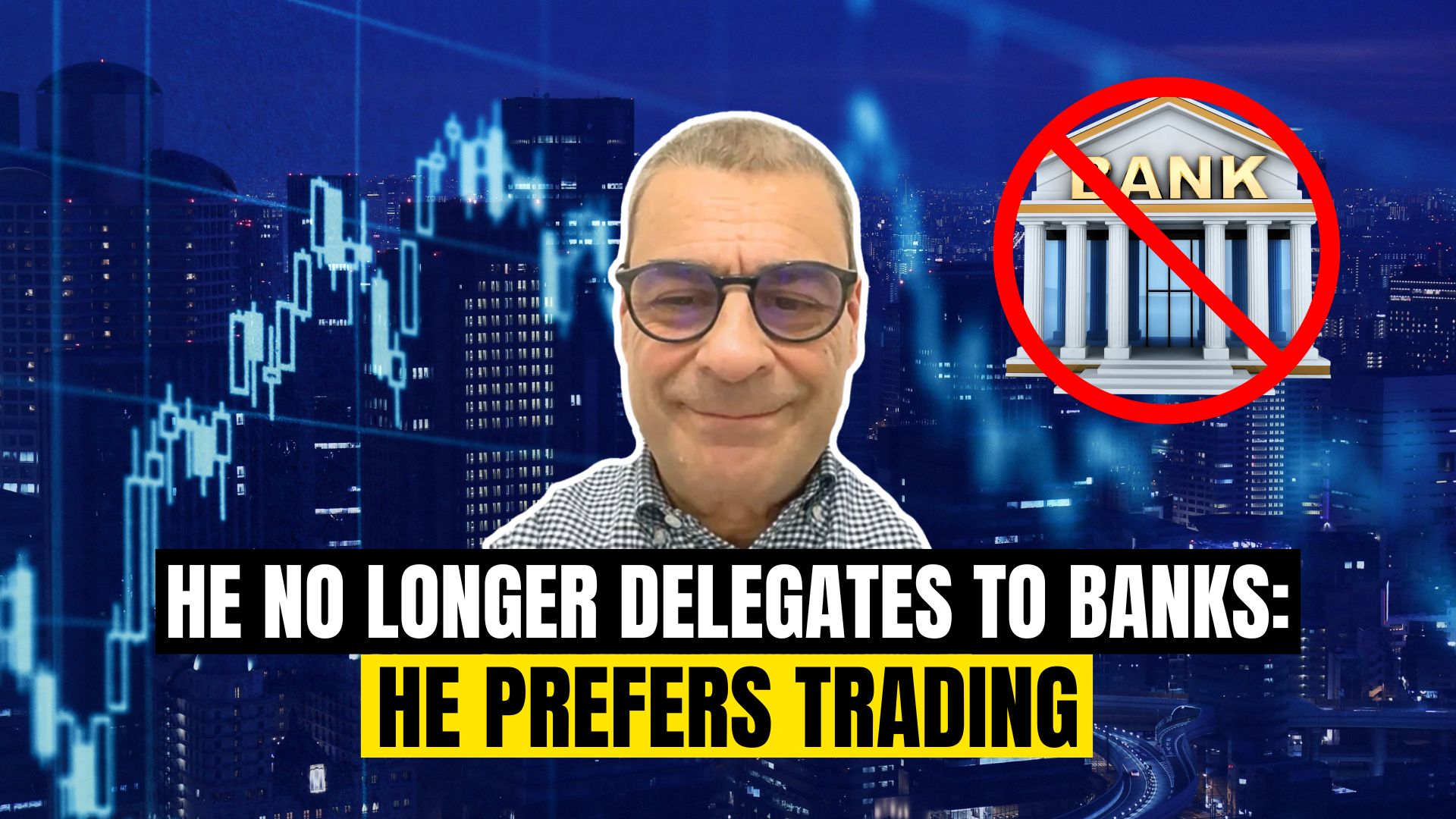Hi guys from Andrea Unger! In this post, I try to answer a crucial question: is trading for everyone?
Trading Is Not for Everyone!
The answer, unfortunately, is no. Trading is not for everyone, because there are obstacles.
I’m not claiming that trading is the most difficult job in the world.
Those who work in the industry might have noticed that, in office groups, there are always employees who claim that their company is the most challenging in the world. Nobody else works so much and people can’t realize the level of stress they suffer in that specific company.
The point is that this is normal… The same thing happens in all companies, so either they are all the most challenging ones in the world, or this is sort of a mindset of most of the people. So, I’m not here claiming that trading is the most challenging thing out there. However, it is challenging.
So, there are some professions that are much more valuable, much more difficult and with many more obstacles than trading, but still trading has some obstacles.
Obstacles in Trading: Psychological Issues
The first obstacle is psychological. In fact, if you know that you can’t stand losses, or even big gains, because once you see a big gain you lose your capability of making good choices for your positions, then you obviously have some problems.
If you can’t cope with losses, because you really feel bad, trading is not for you.
Just think of a person who is afraid of speaking in public and would like to become a theatre actor…
Okay, everything makes us face obstacles. Moreover, perhaps becoming an actor in theatre will help this person overcome his limitations. But still, at the very start of this choice, there are some problems.
The same applies to trading! In addition, there are other important problems that emerge when people look for revenge after losing their money in trading.
So, they trade to make the money back. They fight against the markets, because they want to make that money back. They feel guilty for the mistakes they make, or think they made.
Never Fight against the Markets
These people start fighting against the markets and this is a definitely wrong attitude. Of course, doing this you may end up losing even more money than that you’ve already lost.
The obstacle in this is that when you fight, you are not clear-headed any more. Your mind is working in a wrong way, so you take the wrong decisions.
So, obviously, these are all psychological issues that cost money, and that’s the measure of your success in trading, money!
So, actually, if you have some psychological weakness, this can be a weakness. In fact, certain psychological mindsets towards losses and gains are completely incompatible with trading.
Obstacles in Trading: Money
The second obstacle is money, because you obviously need money to trade!
I often say that, most of the times, claims of incredible performances are just scams. So, you cannot think of starting trading with a thousand euros or dollars, ok?
You may do it as a hobby, but certainly not as a job, because if you mdo the math, you will see that you will never make enough money to earn your living.
Especially in the case with automated trading, at least 15-20k dollars are the minimum starting point, if you want to trade as something more than a pure hobby.
With less than that, you can still trade, but should consider that a 30% a year would be very optimistic, so let’s go down, let’s say a 10% a year, okay? Let’s imagine you can achieve a 10% a year.
Keep Costs in Mind
Now, it is up to you to make the math and understand how much you need on your account for that 10% to be enough for you. And also consider that, especially in automated trading, you have additional costs.
There are the platform, which is not always free, quality data feed, maybe a cloud server to run the platform on… So, these are all costs that you have to pay.
Then, you also need to think if these costs are fixed or variable, one-shot or repeated. All these things have to be put into your balance sheet and you can then easily calculate how much money you need on the account to trade.
The point is that the industry does not open your eyes on this obstacle. I understand that there are not so many people out there who are capable of putting 20k dollars on a trading account with no thoughts.
I mean, I have this extra 20k dollars, I can put them there. Extra! But if you have 20k dollars, and that’s all you have, don’t put them in trading, please!
The trading industry doesn’t like the idea of making potential purchasers and traders run away, so they prefer to let them think that trading is an easy thing.
Trading Is Not That Easy!
This is the truth! Trading is not for the pockets of everybody.
So, whereas the psychological obstacle could be somehow overcome thanks to proper training, the practical obstacle, which is the money you need to start trading, is more difficult to cope with.
It’s fine if you consider it a hobby, but when you think of it as a profession, as a job, then there are obviously some starting points you can’t simply ignore, hoping to make enough money so that they disappear.
That’s it. I know this might be disappointing for many of you, but this is very important, because you need to start with the right concepts in your mind, if you want to go on and think about trading.
Ciao from Andrea Unger!







